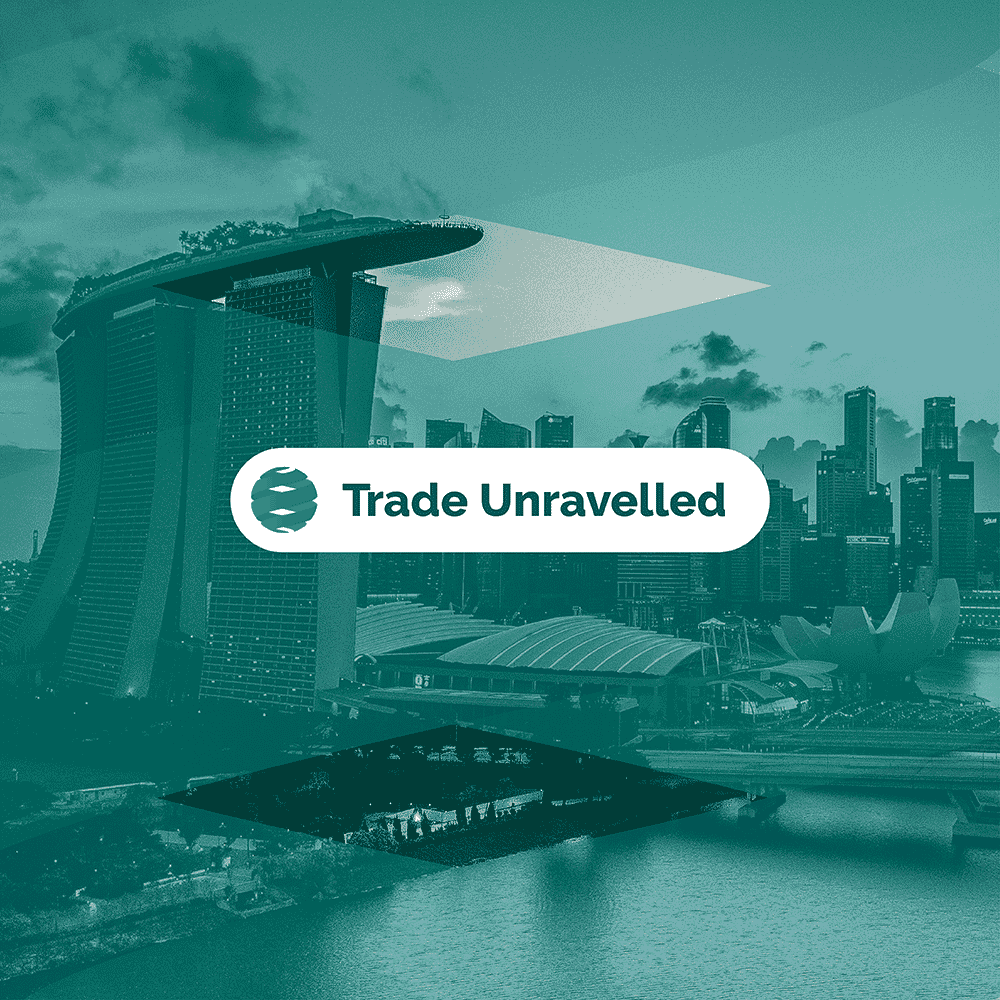
3 minute Read
National development or profits first? Danantara and its aim to be ‘Indonesia’s Temasek’
In February 2025, Indonesian President Prabowo Subianto launched the country’s second sovereign wealth fund, heralding a sea change in its approach to state asset management. The Daya Anagata Nusantara Investment Management Agency, Danantara for short, is colossal in both size and ambition: a ‘superholding’ entity which will centralise Indonesia’s state-owned enterprises (SOEs), gradually taking charge of nearly USD 900 billion worth of assets to be funnelled into strategic investments, to propel Indonesia to its target of 8 percent growth. In this, it has cited the setup and successes of Singaporean state investment company Temasek as inspiration.
The making of a new sovereign wealth fund
Until the legal reforms that introduced Danantara, Indonesia’s SOEs were managed by the Ministry of State-owned Enterprises, playing a dual role as both owner and regulator. These have been split under the new framework: Danantara, which will own 99 percent of shares in SOEs, will hold investment and operational authority, reporting directly to the president. The Ministry, meanwhile, will focus on policy-setting and regulatory functions and hold the remaining one percent equity in the form of Series A shares.
Transfers of stakes in multiple SOEs to Danantara have been underway since early 2025, including the national oil and gas company Pertamina, telecommunications company Telkom Indonesia, and four publicly listed banks. However, its asset base is set to expand much further: in July, Danantara CIO Pandu Sjahrir announced that the fund would eventually consolidate nearly 900 state-owned enterprises down to 200, to be held under its operational holding entity, although no timeline for this was given. There are also suggestions that Danantara will eventually absorb Indonesia’s first sovereign wealth fund, the Indonesia Investment Authority, itself a relatively new venture launched by former President Joko Widodo in 2021.
Rather than being absorbed into the state budget, dividends will be reinvested in projects in strategic sectors. These include minerals oil and gas, renewable energy, food security, digital infrastructure, healthcare, and strategic real estate. Five months in, much of Danantara’s initial activity has focused on clean energy: its first overseas investment, announced in June, was a USD 120 million stake in a Philippine solar power company, and it has announced renewables-focused partnerships with the Japan Bank for International Cooperation and Saudi Arabia’s ACWA Power. As of July 2025, the fund has announced seven major agreements with international state-backed partners, though most of these remain high-level commitments and memorandums of understanding.
The challenges of applying the Singaporean model
Indonesia is not the only country to have turned to the Temasek model, with its blend of state ownership and corporate governance, for inspiration. China, too, previously looked to Singapore as a reference for its reforms of state-owned companies in the early 2000s. There are indeed similarities between Temasek and Danantara: the ultimate holding companies are designed to insulate state investment management from political interference.
However, there are some notable differences, the influences of which can already be seen in the early activities of the Indonesian fund. At the most fundamental level, this involves their underlying principles and motivations. Temasek, which is incorporated as a company and has consistently branded itself as one, is primarily driven by commercial objectives to produce sustainable, long-term returns. Danantara, by contrast, is more strongly linked to national development goals and accelerating Indonesia’s economic growth.
To some extent, these considerations can already be seen playing out in its USD 400 million capital injection into flag carrier Garuda in June, the second round of state support given to the struggling state-owned company. The first months of Prabowo’s presidency have already sparked protests over austerity measures against the backdrop of funding other costly campaign promises and slowing economic growth. How Danantara approaches its consolidation of other state-owned companies, especially ailing ones, and how it balances profit generation against political pressures, will be key developments to watch.
Established in 1997, Risk Advisory has maintained a local presence in the APAC region for more than 15 years. Indonesia has been a consistent focus of our work, and we have advised clients on market entry, partner selection and third-party risk reviews, as well as internal investigations in the country. For more support in navigating the Indonesian business environment, do reach out to one of our experts in our Singapore office.